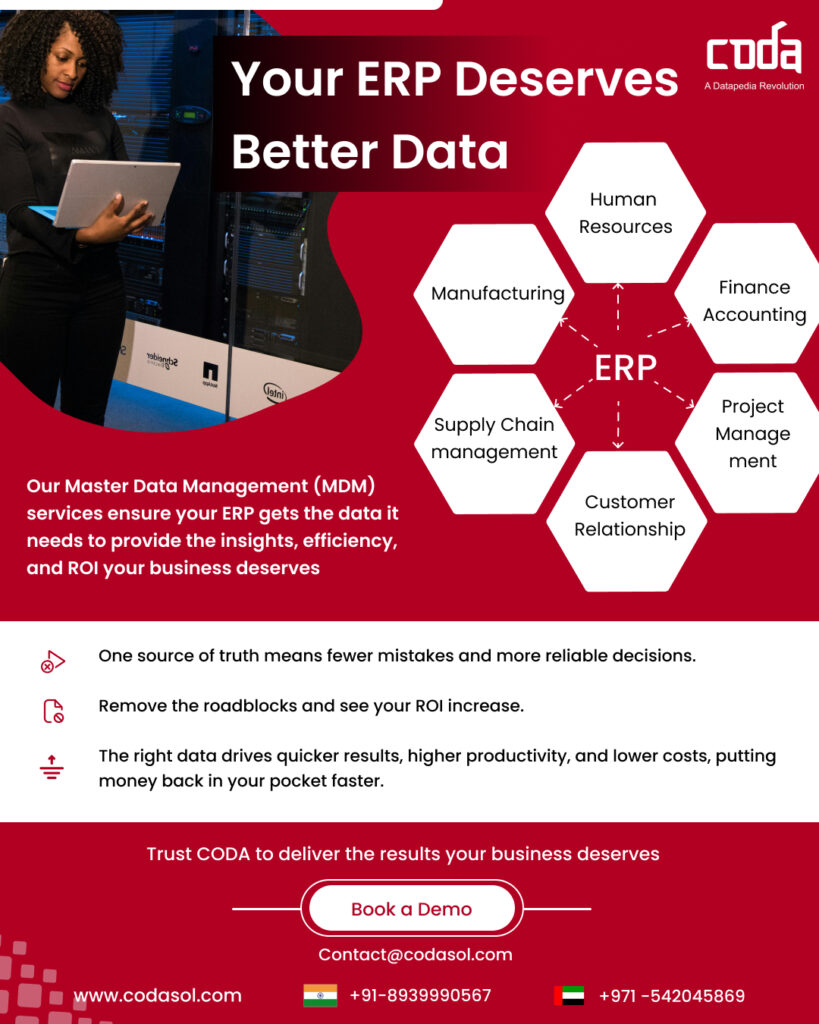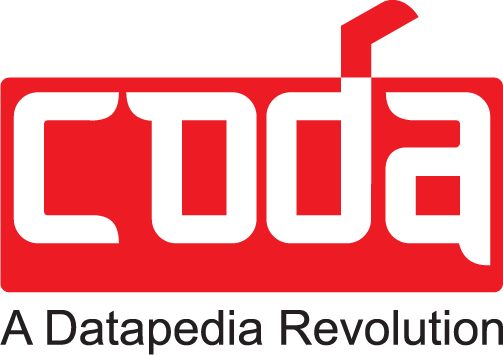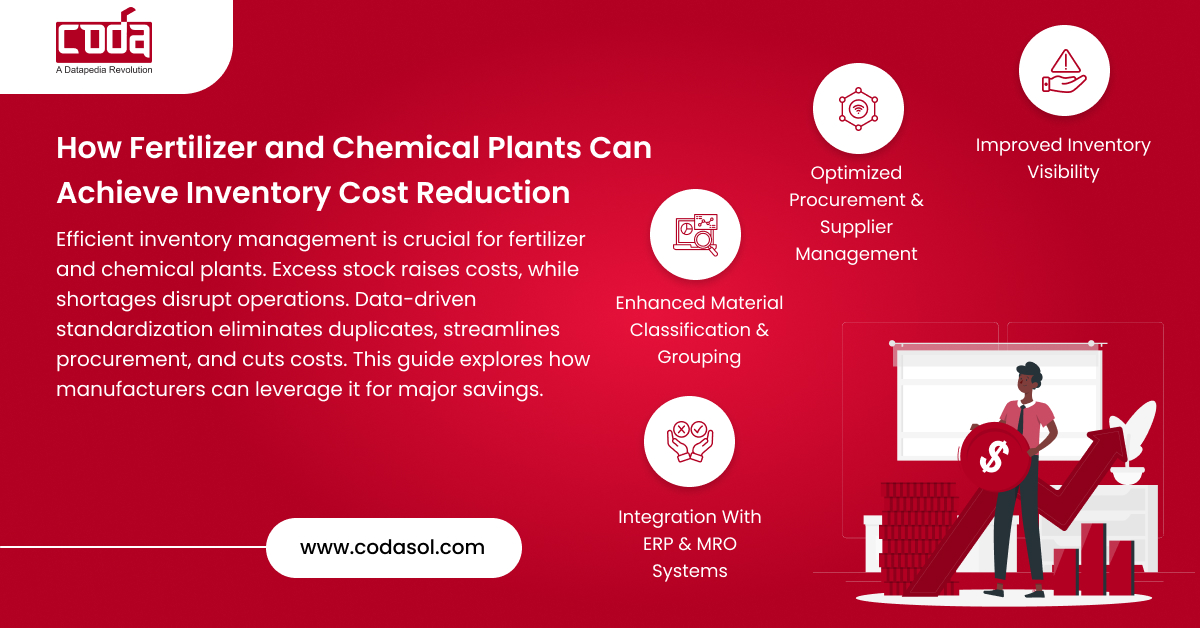Enterprise Resource Planning (ERP) systems are the backbone of modern business operations, integrating multiple functions into a single streamlined system. However, implementing an ERP system comes with several challenges that can impact cost, efficiency, and overall business performance. In this blog, we’ll explore the most common ERP implementation challenges and strategies to overcome them for a seamless transition.
Common ERP Implementation Challenges and Solutions
| Challenge | Description | Solution |
| Lack of Clear Objectives | Businesses often rush into ERP implementation without well-defined goals, leading to inefficiencies. | Conduct a detailed needs analysis and create a roadmap aligned with business goals. |
| Resistance to Change | Employees may resist switching to a new system due to unfamiliarity or fear of job disruptions. | Implement change management strategies, offer proper training, and communicate benefits. |
| Poor Data Quality & Migration Issues | Migrating inaccurate, duplicate, or incomplete data leads to operational inefficiencies. | Perform thorough data cleansing, deduplication, and validation before migration. |
| Customization Overload | Excessive modifications can make the ERP system complex and difficult to maintain. | Stick to standard configurations as much as possible and customize only when necessary. |
| Integration Challenges | Existing software, such as CRM, MDM, or SCM systems, may not integrate smoothly with the new ERP. | Choose an ERP with strong API capabilities and plan for integration testing early. |
| Budget Overruns | Unexpected costs due to poor planning, delays, or scope creep can strain financial resources. | Set a realistic budget, account for contingencies, and monitor expenses regularly. |
| Vendor Selection Issues | Choosing the wrong ERP vendor or implementation partner can lead to project failure. | Conduct detailed vendor evaluations based on industry experience, scalability, and support. |
| Lack of User Training & Support | Inadequate training can lead to underutilization of ERP capabilities and errors. | Provide ongoing training, hands-on workshops, and 24/7 support for users. |
| Security & Compliance Risks | ERP systems store sensitive business data, making them potential cybersecurity targets. | Implement robust cybersecurity measures, access controls, and compliance audits. |

Overcoming ERP Implementation Challenges: Best Practices
1. Define Clear Objectives & KPIs
Before implementing an ERP system, set specific, measurable goals. Clearly outline key performance indicators (KPIs) such as:
- Reduced operational costs
- Faster order processing
- Improved data accuracy
2. Choose the Right ERP System & Vendor
Selecting an ERP solution tailored to your industry and business size is crucial. Look for:
- Industry-specific features
- Scalability for future growth
- Proven success stories and client testimonials
Proven Strategies to Improve Your Data Quality for Effective Enterprise Resource Management
3. Ensure Data Accuracy & Quality
Bad data leads to poor decision-making. Prior to migration, clean up your database using data governance best practices such as:
- Standardization – Format data consistently
- Deduplication – Remove redundant records
- Validation – Ensure accuracy before importing
4. Create a Change Management Plan
User adoption is one of the biggest hurdles in ERP implementation. To overcome resistance:
- Involve employees early in the process
- Offer hands-on training and certification programs
- Address concerns through clear communication
5. Optimize Customization & Integration
- Avoid excessive customization – stick to core ERP features
- Use middleware for smoother integration with CRM, HR, or SCM systems
- Test integrations before the final rollout
6. Set a Realistic Budget & Timeline
Most ERP projects exceed their initial budgets due to hidden costs. Plan ahead:
- Allocate funds for unexpected delays
- Set achievable milestones to track progress
How ERP Systems Transform Master Data Management (MDM)
Want a Hassle-Free ERP Implementation?

Partner with experts who specialize in ERP deployment, data migration, and system integration.
Frequently Asked Questions (FAQs)
1. What is the biggest reason ERP implementations fail?
Lack of proper planning, unclear objectives, and resistance to change are the leading causes of ERP failures.
2. How long does ERP implementation take?
On average, ERP implementation takes six months to two years, depending on the company size, complexity, and customization level.
3. How can small businesses overcome ERP implementation challenges?
Small businesses should choose a cloud-based ERP solution, minimize customization, and work with an experienced vendor to streamline implementation.
4. What are the best ERP systems for manufacturing companies?
Popular ERP solutions for manufacturing include SAP S/4HANA, Oracle ERP Cloud, Microsoft Dynamics 365, and Infor CloudSuite.
5. How do I ensure a successful ERP go-live?
Test the system thoroughly, conduct end-user training, set up contingency plans, and provide 24/7 support during the transition.
Ready to Transform Your Business with ERP?
Contact us today to discover how seamless ERP implementation can drive efficiency and growth in your organization.



